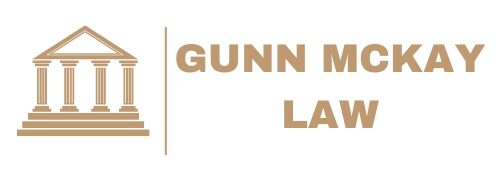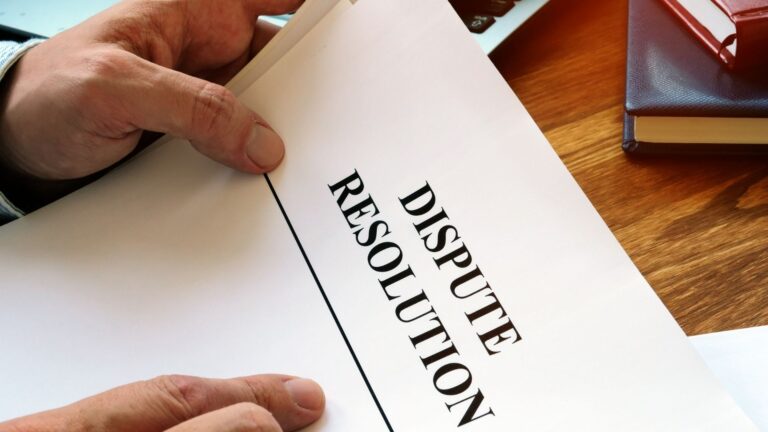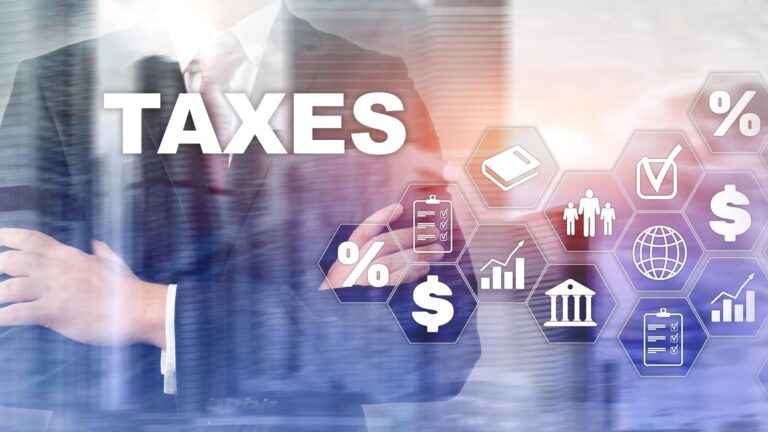In today’s digital age, where content can be easily shared and distributed across various platforms, copyright infringement has become a pressing concern for artists and creators. Copyright laws grant exclusive rights to the creators of original works, protecting their intellectual property from unauthorized use and ensuring they receive fair recognition and compensation. However, with the proliferation of online platforms and the ease of copying and distributing digital content, artists and creators must be vigilant to safeguard their rights. This article explores the importance of copyright protection and provides guidance to artists and creators on how to navigate the complexities of copyright infringement.
Understanding Copyright Infringement
Copyright infringement occurs when someone violates the exclusive rights granted to the original creator of a work without their permission. These exclusive rights typically include the rights to reproduce, distribute, display, perform, and create derivative works. Infringement can take various forms, such as reproducing a copyrighted artwork, using a copyrighted song without permission, or even adapting a story without proper authorization.
It’s important to note that copyright protection is automatic upon the creation of an original work, whether it’s a painting, a photograph, a song, a novel, or any other creative endeavor. However, registering your work with the appropriate copyright office can provide additional legal benefits and make it easier to enforce your rights in case of infringement.
The Impact of Copyright Infringement
Copyright infringement not only affects the financial interests of artists and creators but also undermines the integrity and value of their work. When someone copies or uses a copyrighted work without authorization, it diminishes the artist’s ability to control how their creation is used and potentially hinders their ability to earn a living from their talent.
Moreover, infringement can also lead to lost opportunities for artists and creators. For example, if a photographer’s image is used without permission, they may miss out on potential licensing deals or lose credibility due to unauthorized use. Similarly, musicians can face significant financial losses when their music is illegally downloaded or streamed, depriving them of the royalties they rightfully deserve.
Identifying Copyright Infringement
As an artist or creator, it’s crucial to be able to identify copyright infringement. While it may not always be obvious, there are certain signs that can indicate a potential violation of your rights. Some common indicators of infringement include:
Unauthorized use
If you come across your work being used in any form without your consent, such as on a website, in a publication, or on social media platforms, it may constitute infringement.
Substantial similarity
If someone creates a work that closely resembles your original creation, it could be considered a derivative work and potentially infringe on your copyright.
Lack of attribution
If someone uses your work but fails to credit you as the creator, it’s essential to investigate further to determine whether your rights have been violated.
Commercial use
Unauthorized commercial use of your work, particularly without obtaining a license or paying appropriate royalties, is a clear violation of copyright.
Protecting Your Copyright
To protect your copyright and mitigate the risk of infringement, there are several proactive steps you can take:
Copyright registration
Although copyright protection is automatic, registering your work with the relevant copyright office provides additional legal benefits, including the ability to seek statutory damages and attorney’s fees in case of infringement.
Watermarking and metadata
Adding visible or invisible watermarks to your digital creations can help deter unauthorized use. Additionally, embedding metadata within your files containing copyright information can serve as evidence of your ownership.
Licensing and contracts
When granting others permission to use your work, it’s crucial to have clear licensing agreements or contracts in place. These documents should outline the terms of use, any applicable fees or royalties, and mechanisms for enforcing your rights.
Responding to Copyright Infringement
In the unfortunate event of copyright infringement, it’s important to respond promptly and effectively. Here are some steps you can take:
Gather evidence
Collect all relevant information and evidence of the infringement, including dates, copies of the infringing materials, and any correspondence related to the unauthorized use.
Cease and desist
Send a formal cease and desist letter to the infringer, demanding them to stop using your work immediately. Include all pertinent details and provide a reasonable deadline for compliance.
Seek legal advice
If the infringement persists or the circumstances are particularly complex, consult with an intellectual property attorney who can guide you through the legal process and help protect your rights.
Copyright infringement poses a significant threat to artists and creators, both financially and creatively. By understanding the fundamentals of copyright law and taking proactive steps to protect their work, artists can minimize the risk of infringement and preserve the integrity of their creations. Additionally, staying vigilant and promptly addressing any instances of infringement can help ensure that artists receive the recognition and compensation they rightfully deserve in today’s digital landscape.


